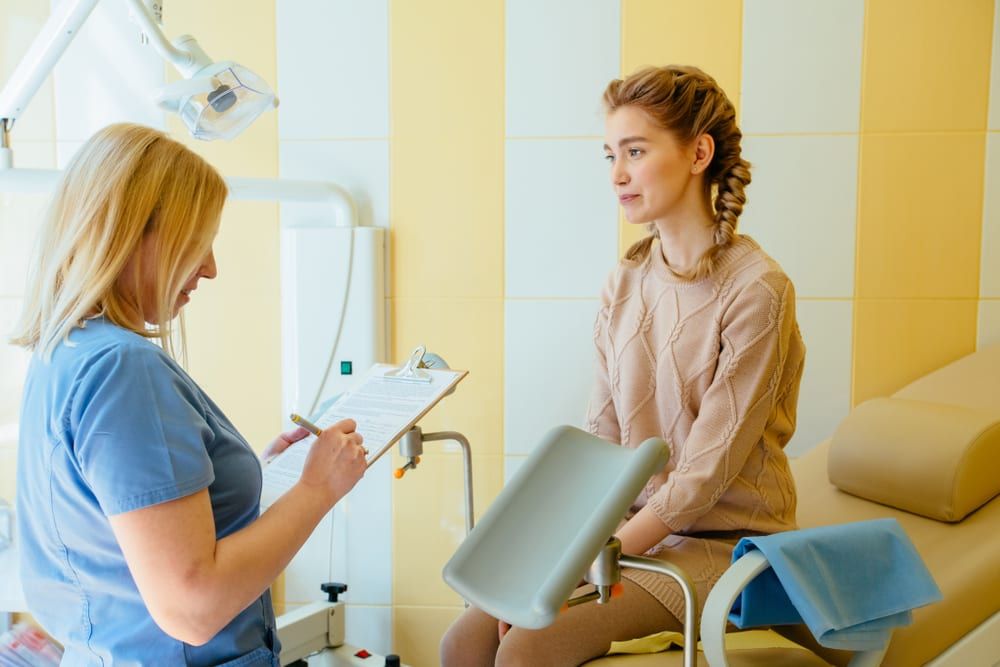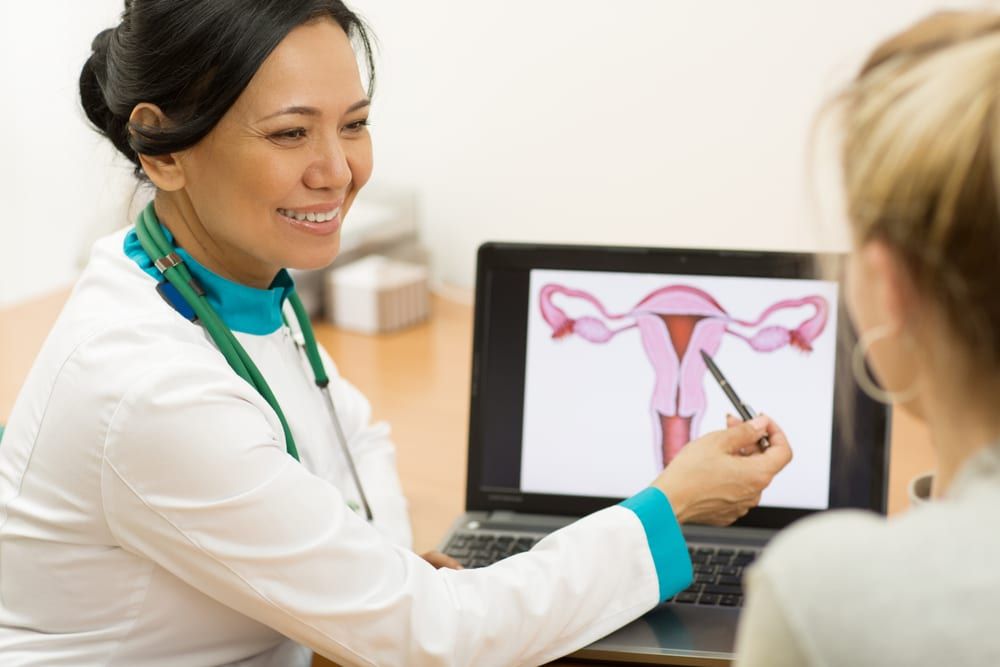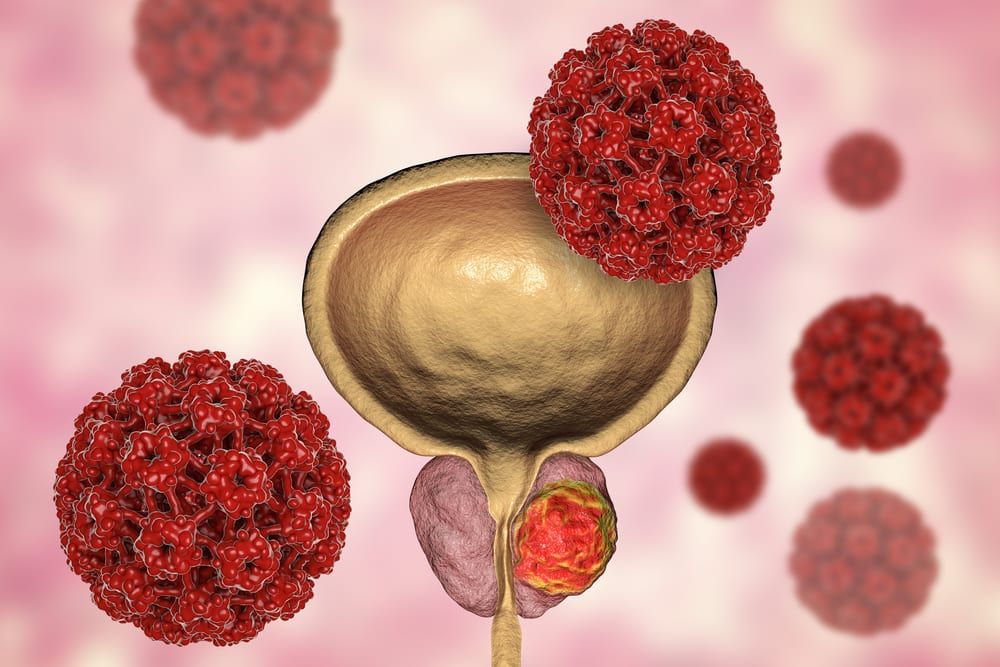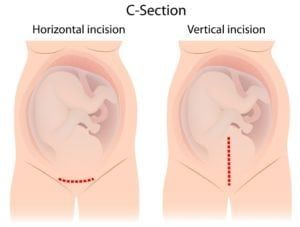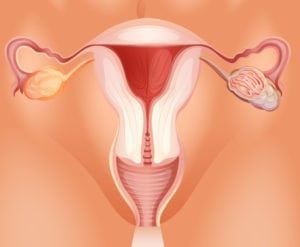Seeing your gynecologist for an annual exam is an important part of women’s preventative health care. When you make annual exams a standard part of your care you give yourself an enhanced chance of discovering major women’s health concerns before they become serious. Any person who has female genitalia can benefit from making a yearly health & wellness visit to their gynecologist a part of their regular care.
What Does A Health & Wellness Annual Exam Involve?
When you visit your women’s health care provider to receive your annual exam, you may be wondering what you need to prepare for. The first part of your exam will involve learning a little about your health since the last visit. As part of this your physician will discuss your sexual and medical history, ask about any symptoms you may be experiencing, and confirm that all your data in the system is accurate. What happens next will depend on your age and certain other conditions:
- Ages 13-15: Barring any unusual symptoms this visit usually involves a conversation about your health, and basic vitals such as blood pressure, weight, and height. Your periods may be discussed, and you may receive the Human Papillomavirus vaccine.
- Age 21: At this age you’ll receive your first pelvic exam and pap test, which will continue for most of your life.
- Age 25-39: At this point you’ll begin receiving a breast exam as part of your visits. These may be done annually, or once every three years.
- Age 40: You will be advised to begin receiving a mammogram every year, or every other year based on your health factors.
The most important part of your visit is going to be building an open and honest relationship with your gynecologist. If your care provider doesn’t know the truth about your lifestyle and activities, they won’t be able to provide the best advice about how to care for your health.
What Are The Benefits Of Receiving An Annual Women’s Health Exam?
As we age our bodies undergo regular changes, and keeping up with those changes can be challenging. With every stage of our life we can become more susceptible to certain diseases, such as breast cancer, and we may experience changes in our menstruation. Yearly visits help to create a standing record of your life that you can reference as a base-line for abnormalities that can indicate problems on the horizon.
Questions To Ask Your Provider of Women’s Health Care
Communication is an important part of your annual health care visits, and part of that communication will involve your physician asking questions. Each of these questions can reveal problems on the horizon, so its essential that you answer them honestly.
- How often do your periods occur?
- When did your last menstruation occur?
- Do you experience spotting between periods?
- Have you noticed any discharge, pain, itching or other symptoms from your vagina or vulva?
- What medical conditions run in your family?
- Have you participated in sexual activity (oral, vaginal, or anal) since your last visit?
- Have you had any new partners since your last visit?
- Do you ever experience bleeding or discomfort during your periods?
- What steps do you take to prevent STIs?
If you’re looking for a new provider for your annual exams, or need to schedule your next one with us, give us a call today. Our clinic is proud to serve the surrounding area with women’s health care, and are happy to welcome you to our patient family. Receiving an annual exam can help ensure that you’re healthy, and catch developing concerns while they’re easy to treat.
